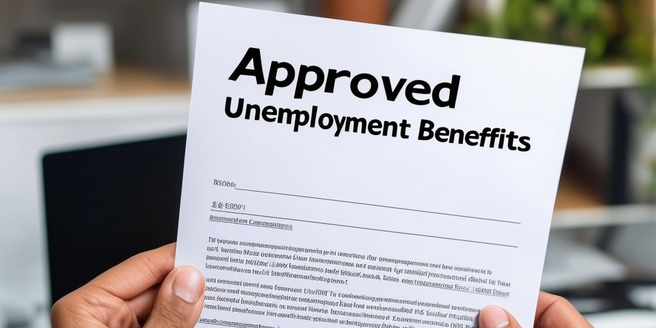Incomplete or Inaccurate Personal Information
Providing incomplete or inaccurate personal information is a common mistake in unemployment benefits applications. This can include misspelled names, incorrect Social Security numbers, or incomplete address details. Such errors can cause delays in processing your application or even lead to denial of benefits. Double-check all personal information before submitting your application to ensure accuracy. Take the time to review each entry carefully. It’s also helpful to have someone else review your application for any potential errors. Cross-referencing with official documents can prevent common mistakes. Ensuring that your details match official records is crucial for a smooth application process.
Failing to Report All Income Sources
Another frequent error is failing to report all sources of income. This includes part-time work, freelance gigs, and any other form of income. Neglecting to report these can lead to overpayment of benefits, which you will be required to repay later. In some cases, this can also result in penalties or legal action. To avoid these issues, it is crucial to be honest and thorough in your reporting. It is better to be diligent upfront than to face complications down the line. Accurately reporting your income also helps determine the correct benefit amount. Keep track of all your earnings and report them meticulously on your application.
Missing Critical Deadlines for Applications
Missing deadlines is one of the most detrimental mistakes you can make. Each state has specific deadlines for filing for unemployment benefits, and missing these can result in the denial of your claim. It is crucial to stay organized and informed about these timelines. To avoid complications, double-check all submission guidelines and deadlines provided by your state. A single missed deadline can lead to significant financial hardship. Mark your calendar with all relevant dates and set reminders to ensure you meet all deadlines. Timely submission of forms and required documents is essential for the approval of your benefits.
Incorrectly Understanding Eligibility Rules
Many applicants fail to fully understand the eligibility criteria for unemployment benefits. Each state has distinct rules and requirements, and not meeting them can lead to claim denial. This lack of understanding often results in frustration and confusion when individuals find out they do not qualify for the benefits they were expecting. To avoid this, it is crucial to take the time to research and comprehend the eligibility rules applicable in your state. These rules can include factors such as the amount of time you have worked, the reasons for your unemployment, and the documentation required to prove your eligibility. If you are unsure about any aspect of the eligibility criteria, seek clarification from official resources or contact your local unemployment office for guidance. Additionally, many states have online resources, FAQs, and guides that can offer further assistance. Taking these steps can help ensure that you are fully prepared and informed when you file your unemployment benefits claim.
Not Including Relevant Work History
A common mistake involves omitting relevant work history from the application. Your work history directly impacts your eligibility and the benefit amount you may receive. Ensure that you include all previous employment details, including part-time and temporary positions. Providing a comprehensive work history helps in the accurate assessment of your claim.
When you leave out part of your work history, you risk receiving a lower benefit amount than you might otherwise qualify for. Each job, no matter how minor or short-term, contributes to the overall picture of your employment background. This is especially critical if you’ve had multiple employers over a short period. Including all these details allows the assessors to have a complete and accurate view of your professional experience, ensuring that they can provide you with the benefits you are entitled to. Hence, when filling out your application, take the time to gather all employment records diligently.
Neglecting to Follow Up on the Application Status
Once your application is submitted, don’t assume that your job is done. Many applicants neglect to follow up on their application status, which can lead to unnecessary delays. It’s crucial to stay proactive during this period. Regularly check the status of your application through the designated online portals or by contacting the unemployment office. Additionally, it may be helpful to maintain a log of all your follow-ups and communications. Staying informed can also help you anticipate any potential issues. Remember, being proactive can significantly impact the speed of your application processing. Promptly address any issues or additional documentation requests to expedite the processing of your application.



